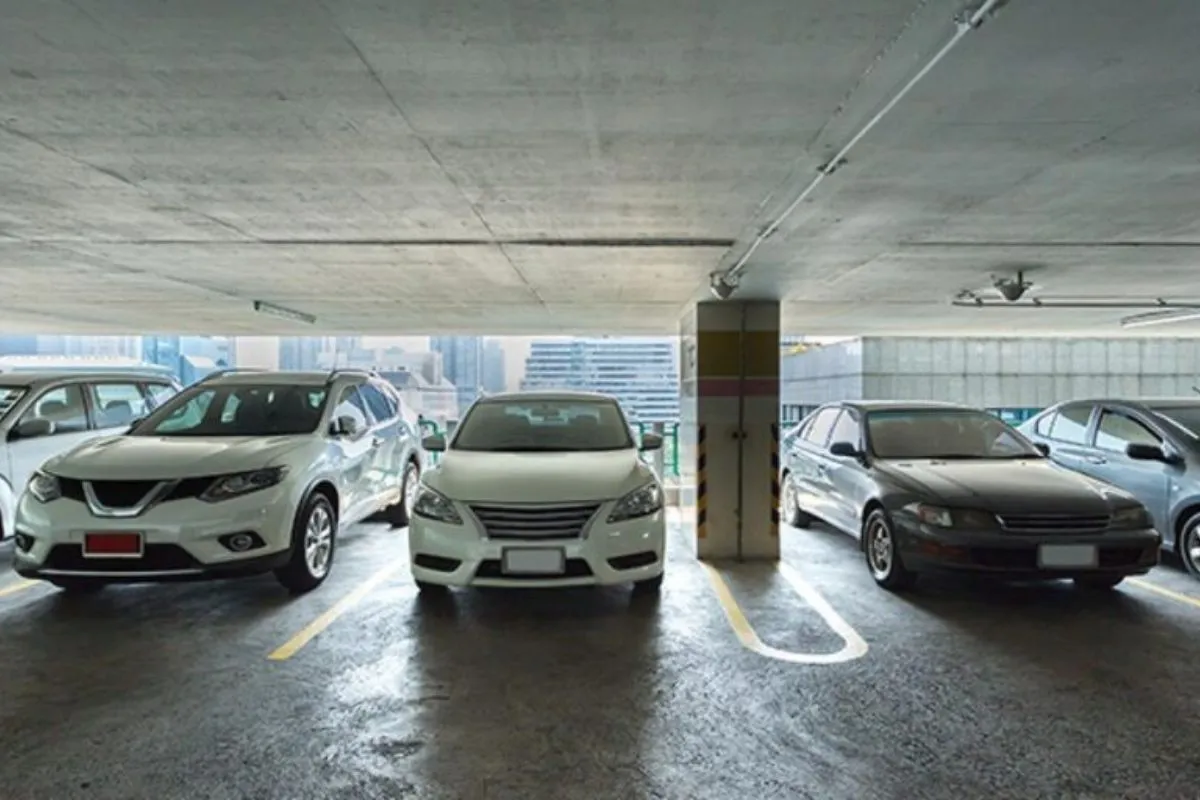Here are 5 essential car parking rules you should be aware of if you live in a housing society in Mumbai, based on common practices, Model Bye-laws of Cooperative Housing Societies, and relevant regulations as of May 2025:
1.Parking Spaces are Allotted, Not Sold/Owned:
- Rule: Stilt and open parking spaces are considered common amenities of society. Legally, builders cannot sell these spaces independently (Supreme Court rulings, RERA Act). The society’s Managing Committee allows eligible members to use these spaces, typically based on rules like ‘First Come, First Served’ or sometimes a lottery system, as decided in the General Body Meeting (GBM).
- Why it matters: You don’t technically “own” the parking spot (unless it’s a specifically sold closed garage, which is rare), you are allotted the right to use it. You cannot sell or transfer this allotted spot separately from your flat.
2.Eligibility – One Spot Per Flat Initially, Tenants Included:
- Rule: Generally, one parking spot is allotted per flat to a resident member (owner or tenant) who owns a vehicle (Model Bye-Law 80). Priority is usually given to members who haven’t been allotted any spot. If spots remain available, additional spots may be allotted (often on a yearly basis) to members already having one. Importantly, Development Control Rules and court rulings emphasize that tenants cannot be denied parking if the owner is eligible and the spot is available or allotted to the owner.
- Why it matters: This defines who gets parking and the priority, ensuring tenants associated with an eligible flat also have rights.
3.Parking Charges are Permitted:
- Rule: The society has the right to levy parking charges for the spots allotted (Model Bye-Law 83 & 65). The specific amount for cars, two-wheelers, or even additional vehicles is decided in the society’s General Body Meeting (GBM). These charges are payable even if you don’t actually park your vehicle there.
- Why it matters: Expect to pay a fee for parking, determined by the society members collectively, which is separate from the monthly maintenance bill.
4.Mandatory Visitor Parking:
- Rule: Housing societies in Mumbai are required by Development Control Regulations (DCPR) to designate a certain percentage of parking spaces specifically for visitors (recent regulations often mention 5%). While enforcement varies, societies should ideally have marked spots for guests. Residents might need to inform security or obtain temporary permission, especially for overnight parking.
- Why it matters: This ensures guests have a place to park without inconveniencing residents, although space constraints can make this difficult in practice.
5.Designated Use Only:
- Rule: The allotted parking space must be used strictly for parking the registered vehicle it was allotted for (Model Bye-Law 79). Using the space for storage, setting up a workshop, extensive car washing, or in any way obstructing common access is generally not allowed. The society should mark and number the slots clearly.
- Why it matters: Maintains order and ensures parking spaces are used for their intended purpose.
Key Takeaway: While these are the general rules based on Model Bye-laws and regulations, the specific rules, allocation procedures, and charges for your building are determined by your own Cooperative Housing Society’s registered bye-laws and the decisions taken in its General Body Meetings. Always refer to your society’s specific documents for definitive rules.



